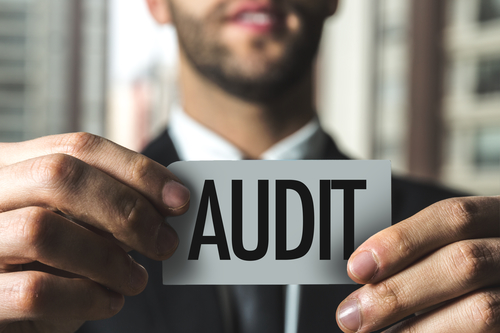The Inflation Reduction Act: What does it mean to you?
- Senate Democrats on Sunday passed their climate, health and tax package, including nearly $80 billion in funding for the IRS. The bill passed the House on 8/12/22.
- The Inflation Reduction Act allocates $79.6 billion to the IRS over the next 10 years, with more than half of the money going to enforcement.
- More than half of the money is meant for enforcement, with the IRS aiming to collect more from corporate and high-net-worth tax dodgers. The remainder of the funding is earmarked for operations, taxpayer services, technology, development of a direct free e-file system and more. Collectively, those improvements are projected to bring in $203.7 billion in revenue from 2022 to 2031, according to recent estimates from the Congressional Budget Office.
- IRS Commissioner Charles Rettig said the $80 billion in funding would not increase audits of households making less than $400,000 per year.
- More than two-thirds of registered voters support boosting the IRS budget to strengthen tax enforcement on high-income taxpayers, according to a 2021 poll from the University of Maryland.
- The bill also addresses health care and raises revenue, the latter most prominently by a new 15% corporate minimum tax on financial statement, or “book,” income, which was slightly modified before the bill came to the Senate floor. It would also increase IRS funding, particularly for enforcement.
- The bill’s Title I, Subtitle C (§12001), would amend Sec. 36B to extend through 2025 widened eligibility for health care premium tax credits for taxpayers whose household income exceeds 400% of the poverty line and the calculation of the applicable percentage of premium assistance amount, both of which were temporarily provided under the American Rescue Plan Act, P.L. 117-2.
- Following is an at-a-glance list of the bill’s energy and climate Title I, Subtitle D, tax credit and other items:
- Clean electricity and reducing carbon emissions (Part 1)
- Clean fuels (Part 2)
- Clean energy and efficiency incentives for individuals (Part 3)
- Clean vehicles (Part 4)
- Investment in clean energy manufacturing and energy security (Part 5)
- Superfund (Part 6)
- Incentives for clean electricity and clean transportation (Part 7)
- Credit monetization (Part 8)
Avoiding An Audit-Look For the Red Flags!
The Red Flags You Should Know About!
No one likes to receive the “Dear Taxpayer” letter so, here are some tips for avoiding that letter and having to go through a tax return examination or full-blown audit. Remember, if your return is selected for an unusual item or, item of interest, that allows the IRS a 2nd look and it usually snowballs from there.
Read More


